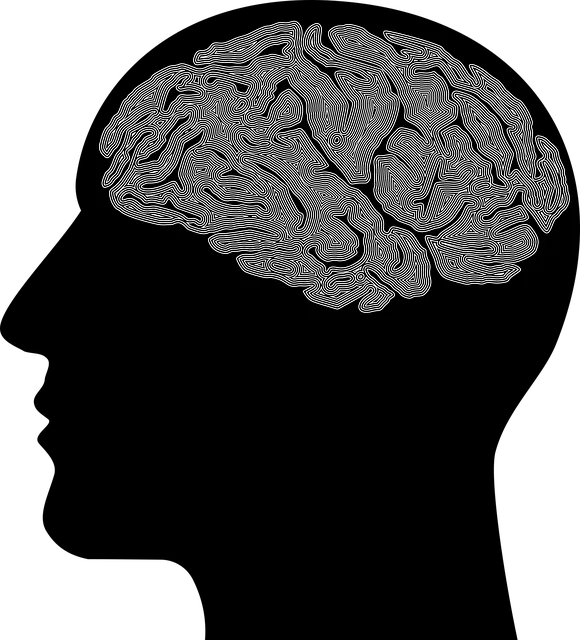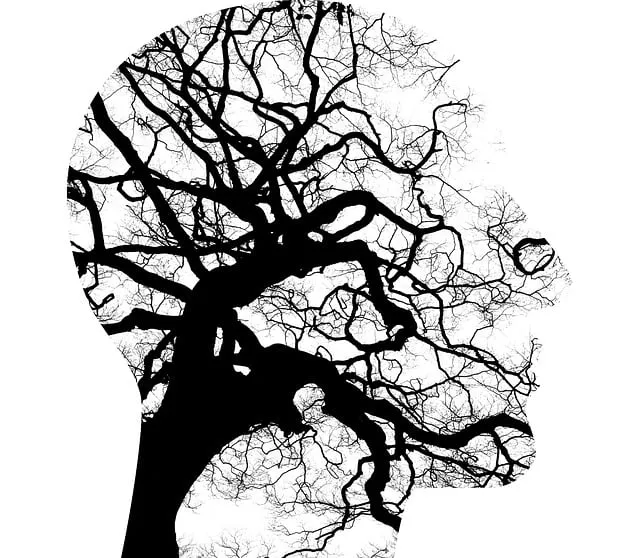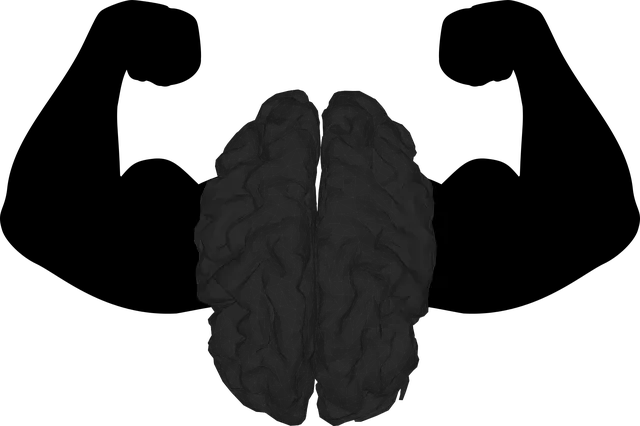The Resilience Framework Model (RFM) is a holistic approach developed by researchers to enhance individuals' resilience, focusing on self-care and effective communication strategies. In communities like Lakewood, where Kaiser provides mental health services, RFM exercises empower people to view challenges as opportunities for growth. These exercises improve coping mechanisms, emotional regulation, and stress management, fostering self-care routines. Lakewood's collaboration with Kaiser enhances mental wellness through evidence-based practices, cultural competency training, and specialized care, aiming to create a resilient community. Activities like mindfulness meditation, group therapy, and outdoor adventures strengthen emotional resilience, benefiting both individuals and healthcare providers in their patient interactions.
“Explore the powerful combination of RFM (Resilience Framework Model) and resilience-building exercises as tools for enhancing mental health support. This comprehensive guide delves into how these strategies, implemented by organizations like Lakewood, can revolutionize care, especially within Kaiser’s mental health services. Learn about the model’s overview, exercise types, and effective integration tactics. Discover how these practices foster resilience, offering benefits that extend beyond traditional therapy. Uncover why Lakewood’s approach is making waves in the industry.”
- Understanding RFM: An Overview of the Resilience Framework Model
- The Role of Resilience Building Exercises in Mental Health Support
- Lakewood's Approach to Kaiser's Mental Health Services
- Types of Resilience Exercises and Their Benefits
- Implementing RFM: Strategies for Effective Integration into Healthcare
Understanding RFM: An Overview of the Resilience Framework Model

The Resilience Framework Model (RFM) is a comprehensive approach designed to enhance individuals’ ability to navigate life’s challenges and build mental fortitude. Developed by researchers, this model focuses on various aspects of resilience, offering a structured path towards personal growth and well-being. At its core, RFM emphasizes self-care practices as a foundation for cultivating resilience, encouraging individuals to prioritize their mental health, much like Lakewood does Kaiser have mental health services, ensuring a robust support system is in place.
This framework incorporates effective communication strategies, acknowledging the power of words and connections in fostering resilience. By promoting open dialogue and healthy expression, RFM aims to reduce the stigma surrounding mental illness, aligning with global efforts such as Mental Illness Stigma Reduction Efforts. Through these integrated practices, individuals are empowered to embrace life’s difficulties as opportunities for growth, transforming challenges into stepping stones towards personal development.
The Role of Resilience Building Exercises in Mental Health Support

Resilience building exercises play a pivotal role in mental health support, especially in communities like Lakewood where access to quality healthcare services, such as those offered by Kaiser, is crucial. These exercises are designed to equip individuals with the tools necessary to navigate and overcome life’s challenges, fostering mental agility and fortitude. By integrating practices that enhance coping mechanisms, emotional regulation, and stress management, resilience training empowers people to lead more balanced and fulfilling lives.
In light of growing Mental Health Awareness, healthcare providers like Kaiser invest in Cultural Competency Training to ensure their services resonate with diverse communities. This training enables professionals to offer tailored support, recognizing the unique barriers and needs within each individual. Furthermore, resilience building exercises often include components that promote Self-Care Routine Development for Better Mental Health, encouraging individuals to prioritize their well-being as an ongoing practice rather than a reactive measure.
Lakewood's Approach to Kaiser's Mental Health Services

Lakewood’s collaboration with Kaiser Permanente represents a strategic move to enhance mental health services and promote mental wellness within their community. Recognizing the significance of mental health awareness, Lakewood has partnered with Kaiser, known for its comprehensive mental health care, to address the growing need for accessible support. This initiative aims to integrate evidence-based practices and resources, ensuring residents have improved access to specialized mental health policy analysis and advocacy.
By leveraging Kaiser’s expertise, Lakewood strives to create a resilient community where individuals can thrive. The collaboration focuses on developing comprehensive programs that cater to diverse mental health needs, ultimately fostering a healthier and more supportive environment. This partnership is a step towards normalizing conversations about mental health and breaking down barriers to mental wellness services in the region.
Types of Resilience Exercises and Their Benefits

Resilience exercises encompass a diverse range of activities designed to strengthen an individual’s ability to cope with adversity and stress. These include both physical and mental practices, each offering unique benefits tailored to enhancing overall well-being. For instance, mindfulness meditation and compassion cultivation practices have been shown to improve emotional regulation, fostering a sense of inner peace and calm amidst challenging circumstances. Engaging in such exercises can help individuals cultivate a deeper sense of self-awareness and empathy, which are crucial components of trauma support services.
Additionally, Lakewood’s Kaiser, known for its comprehensive mental health services, incorporates various resilience-building activities, reflecting the growing emphasis on cultural sensitivity in mental healthcare practice. These may involve group therapy sessions, where shared experiences create a supportive network, or outdoor adventures that encourage individuals to confront and overcome physical challenges, mirroring their mental resilience. Such exercises not only promote personal growth but also serve as effective trauma support tools, helping individuals navigate life’s hurdles with enhanced resilience and grace.
Implementing RFM: Strategies for Effective Integration into Healthcare

Implementing RFM (Resilience, Flexibility, and Mindfulness) into healthcare settings is a strategic move to enhance patient care and well-being. At Lakewood, for instance, integrating RFM principles can be a game-changer, especially when considering the mental health services provided by Kaiser. By incorporating these practices, healthcare professionals can create a more supportive environment.
Compassion Cultivation Practices, such as mindfulness meditation, are powerful tools to improve self-awareness and empathy among caregivers. This, in turn, leads to better patient interactions and outcomes. Communication Strategies play a crucial role here, ensuring that both patients and providers can openly discuss emotional challenges and resilience-building techniques. Regular Self-Awareness Exercises can help healthcare workers manage their own stress levels, enabling them to offer consistent support to their patients, especially those navigating mental health issues like those Lakewood’s Kaiser facilities cater to.
Resilience Framework Model (RFM) and resilience-building exercises offer a transformative approach to mental health support. As demonstrated by Lakewood’s innovative collaboration with Kaiser, integrating RFM into healthcare systems can significantly enhance patient outcomes. By providing various resilience exercises with proven benefits, healthcare providers can empower individuals to navigate challenges and foster a sense of well-being. This strategic integration not only complements traditional mental health services but also positions Lakewood and Kaiser as trailblazers in promoting mental resilience within the community.






